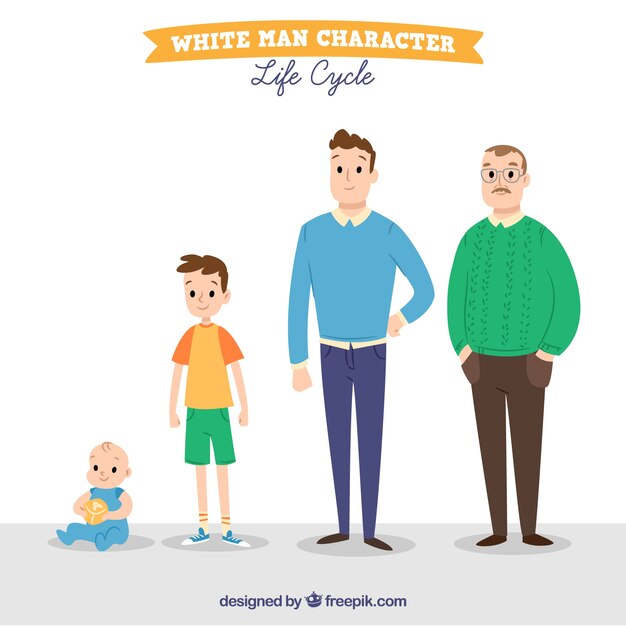Navigating Human Growth: A Comprehensive Overview of Developmental Psychology
Developmental psychology stands as a cornerstone within the realm of psychology, delving into the intricate processes of human growth and change across various stages of life. This field meticulously explores the physical, cognitive, emotional, and social developments that shape individuals from infancy to old age.

By exploring physical, cognitive, emotional, and social development, this branch of psychology illuminates the myriad factors shaping individuals’ lives from infancy to old age.
Page Contents
Exploring Developmental Psychology
Understanding Developmental Milestones
Developmental psychology examines key milestones that mark the progression of human growth. These milestones serve as foundational benchmarks, guiding our understanding of the typical patterns of development individuals undergo.
Lifespan Perspective
An essential aspect of developmental psychology is its recognition of development as an ongoing, lifelong journey. It encompasses multiple stages, each characterized by its unique challenges, changes, and significant milestones.
Interplay of Nature and Nurture
Researchers in developmental psychology scrutinize the interplay between genetic factors and environmental influences, acknowledging how genetics, family dynamics, culture, education, and societal factors contribute to an individual’s developmental trajectory.
Key Domains of Development
| Domains of Development | Description |
|---|---|
| Physical Development | Examines growth, motor skills, sensory development, puberty, and physical health across different life stages. |
| Cognitive Development | Explores thinking abilities, learning, problem-solving, memory, language development, and decision-making skills, often using Piaget’s stages of cognitive development. |
| Emotional Development | Focuses on emotional regulation, attachment, empathy, and social-emotional skills, studying the impact of early experiences on emotional well-being. |
| Social Development | Encompasses the acquisition of social skills, friendships, relationships, cultural influences, and moral reasoning through interactions in different social contexts. |
Erik Erikson’s psychosocial theory delineates eight stages across the lifespan, each associated with a unique developmental challenge. Here’s an example of some of these stages:
| Stage | Age Range | Key Developmental Task | Example |
|---|---|---|---|
| Trust vs. | Infancy (0-1) | Developing a sense of trust and security with caregivers. | An infant learns to rely on caregivers for comfort and safety. |
| Mistrust | |||
| Initiative vs. | Early Childhood | Exploring and developing a sense of purpose and initiative. | A preschooler engages in imaginative play and decision-making. |
| Guilt | (3-6 years) | ||
| Identity vs. | Adolescence | Forming a stable and cohesive sense of self and identity. | A teenager explores personal values and aspirations. |
| Role | (12-18 years) | ||
| Confusion |
Applications in Practice
Insights from developmental psychology:
- Inform educational strategies catering to different developmental stages.
- Guide parents and caregivers in providing appropriate support and nurturing healthy development.
- Contribute to clinical practice by diagnosing and treating developmental disorders and providing interventions.
Conclusion
Developmental psychology serves as a crucial lens through which we understand the profound journey of human growth and change. By exploring various developmental domains and theories, this field illuminates the psychological factors shaping individuals from infancy to old age. The delineation of developmental milestones, exemplified by Erikson’s stages, offers a structured framework for comprehending the challenges and accomplishments individuals experience across their lifespan.
The table provided exemplifies stages from Erikson’s Psychosocial Theory, showcasing key developmental tasks and age ranges associated with each stage. These milestones serve as guideposts for professionals and caregivers, aiding in understanding and supporting individuals through different developmental challenges.







